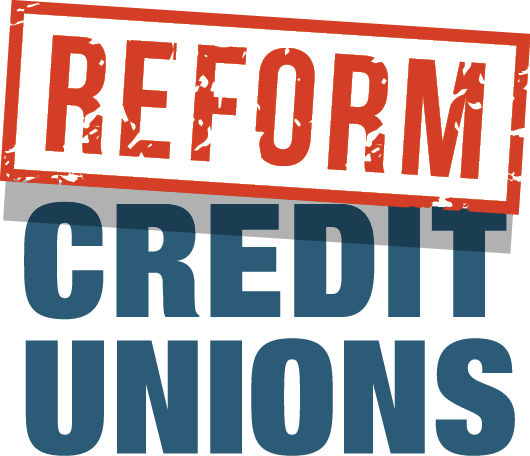According to the Tax Foundation, one of the nation’s leading independent voices on tax policy, the federal income tax exemption for credit unions is inefficient, narrowly beneficial to one subset of the financial services industry, and an unfair competitive advantage that “…could be reformed, and the resulting revenue used to further improve the corporate tax base or pay for new spending.”
The Foundation’s newest research report by Erica York examined current business tax expenditures, using the credit union tax exemption as an example. The report determined that, “if a provision is narrow and confers special treatment to specific industries or companies, or attempts to engineer decision-making through the tax code, it is generally unsound.”
The report further stated: “The credit union exemption is a narrow benefit provided to a single subindustry that results in an inefficient allocation of resources and a tax advantage over banks that offer similar financial services.”
Key Findings of The Tax Foundation’s Study (Emphases Added)
- “… the credit union exemption is a narrow benefit provided to a single subindustry that results in an inefficient allocation of resources and a tax advantage over banks that offer similar financial services. As such, eliminating the credit union exemption could increase federal revenue with minimal harm to long-term economic output because much of the subsidy results in economic inefficiency.”
- “In the time since the exemption was granted, both the financial sector and the credit union industry have evolved. Evidence indicates that many credit unions now resemble other financial institutions that are subject to the corporate income tax, suggesting the tax subsidy for credit unions is nonneutral. And other changes in the marketplace mean that lower- and middle-income consumers now have plentiful access to credit.”
- “Credit unions’ distinguishing characteristics and restrictions have been loosened over time, meaning that credit unions often compete directly with banks for the same customers. For example, the field of membership, or common bond requirements, have been relaxed to the extent that several news articles report that there are credit unions where ‘anyone can join.’ Further, in 2017, new rules took effect that loosened restrictions on business and commercial lending, paving the way for more credit unions to increase business lending activities in competition with banks.”
- Citing numerous academic studies, the Tax Foundation found: “…credit union(s) fall short of the congressional mandate to serve lower-income people who lack access to banking services.” As the report notes, that mandate is one of the primary rationales for the industry’s current tax exemption.
In conclusion, the Tax Foundation noted: “Some provisions, however, such as the exemption for credit union income, clearly distort economic activity by narrowly targeting tax preferences on one industry. Tax expenditures like the credit union exemption could be reformed, and the resulting revenue used to further improve the corporate tax base or pay for new spending.”
